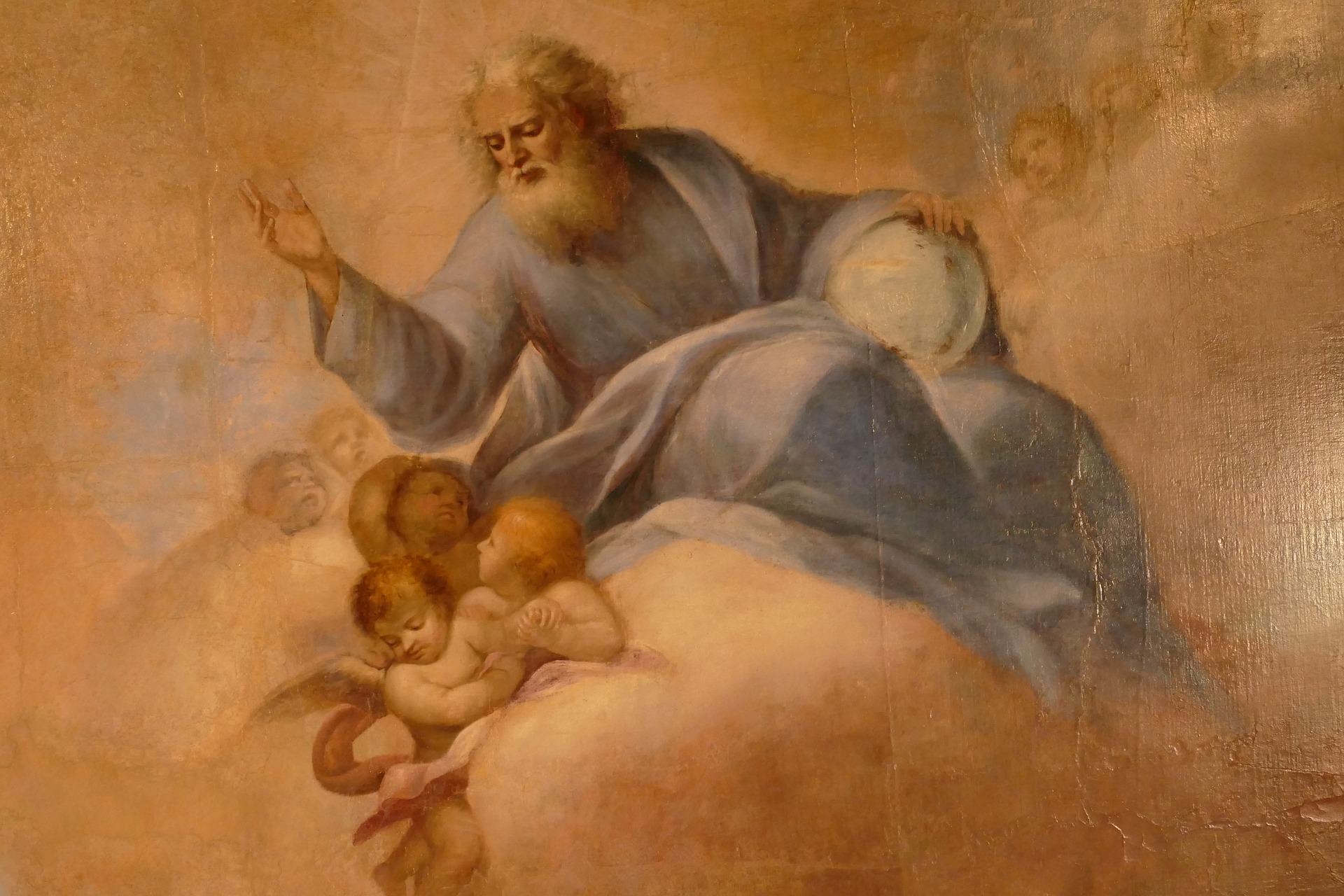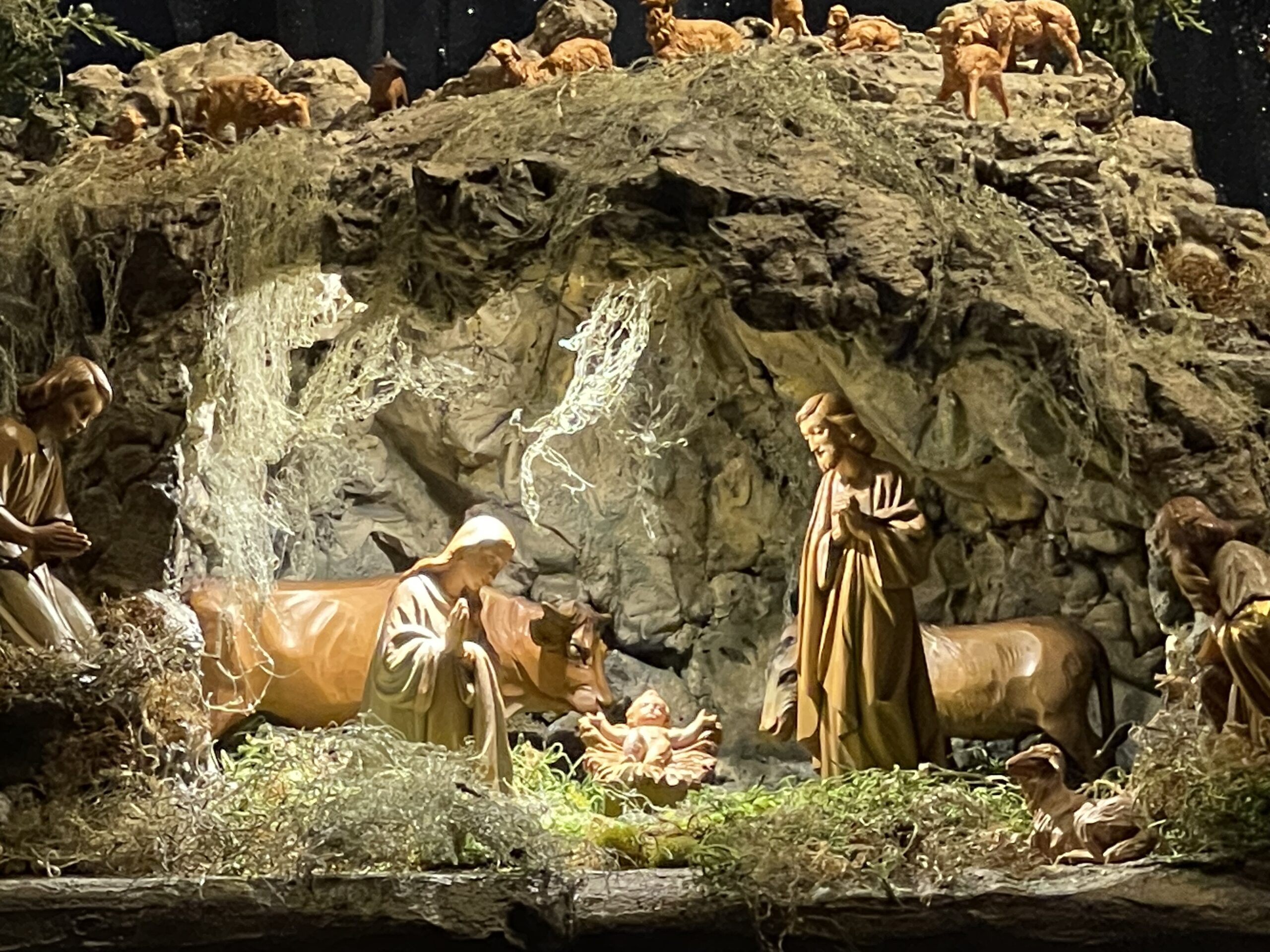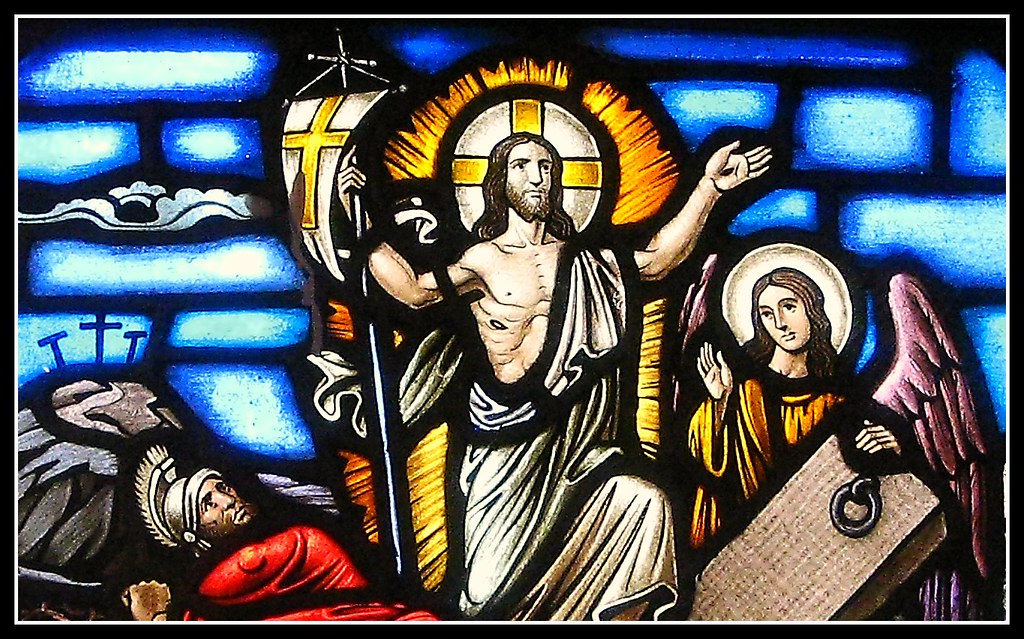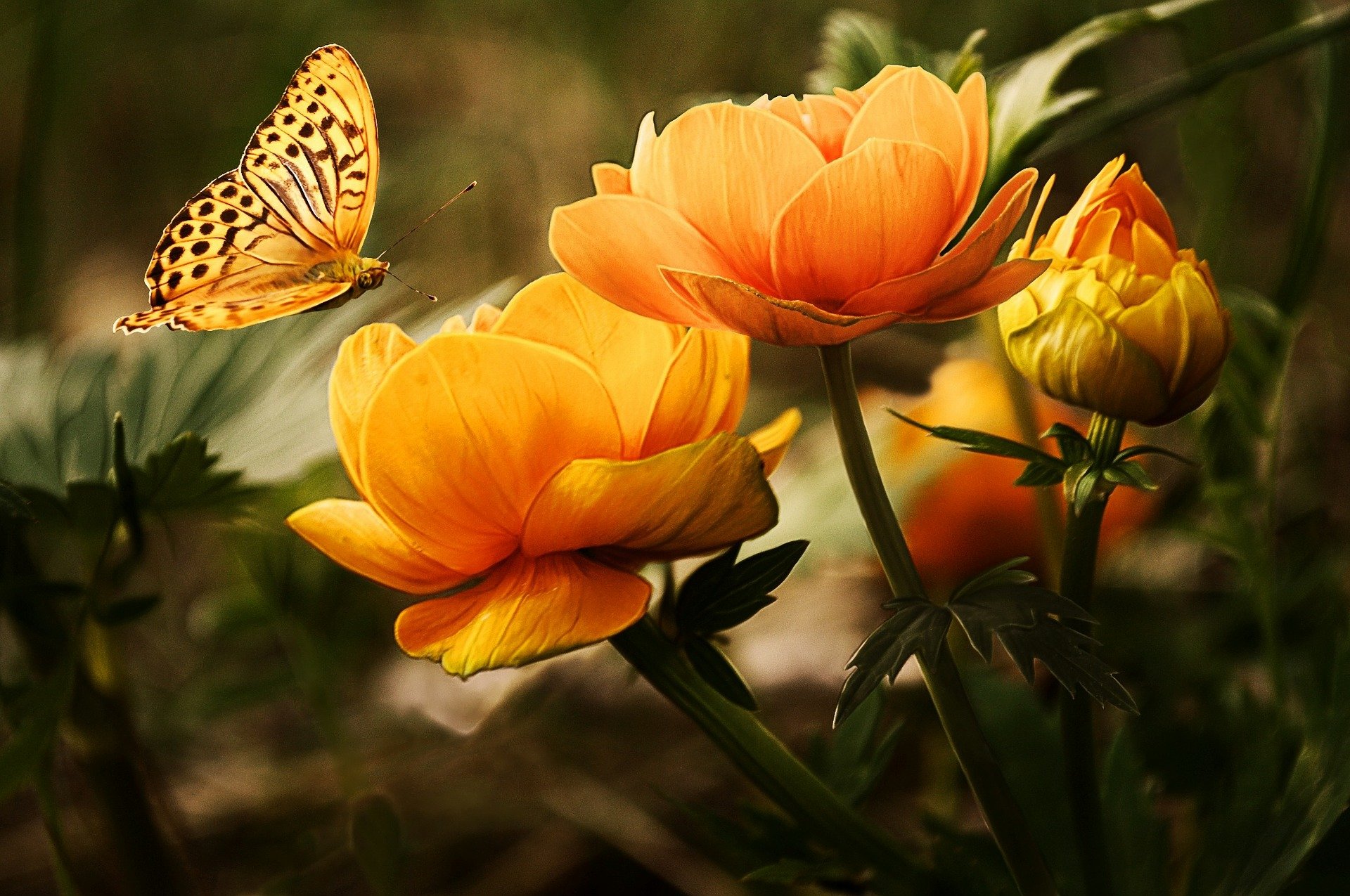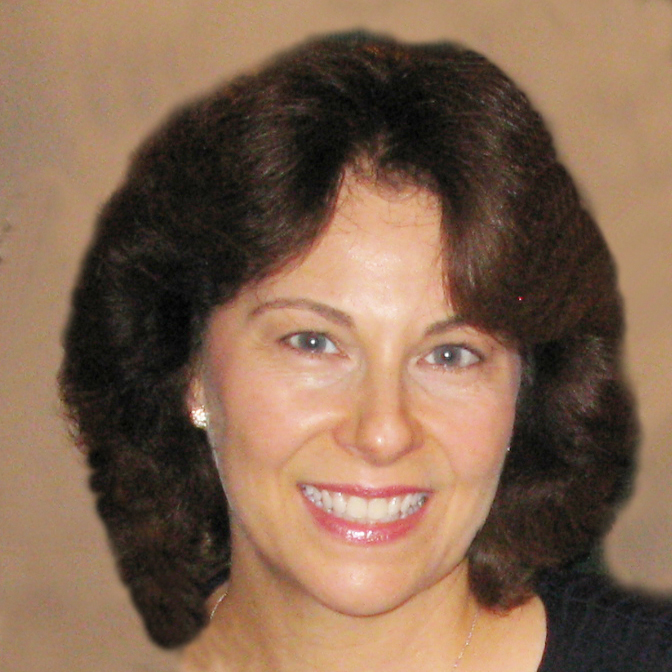Our Father Who Art in Heaven
Over the years several Protestant friends have inquired about why Catholics have the body of Christ on the cross in our churches. Our Protestant brothers and sisters display an empty cross in their churches because Christ resurrected from the dead. For Catholics though, the cross means nothing without the sacrifice Jesus made for us. The crucifix (Christ’s body on the cross) is central to our faith because His death saved us from our sins. The shape of the church itself is a crucifix with the altar and tabernacle containing Christ at the head, and we the faithful sitting in the body. This is the simple answer, but it goes much deeper than this.
Jesus did not only die for our sins so that we could go to Heaven, He left us the gift of the Eucharist so that we could become one with Him and thus become adopted children of God. We the created become members of His uncreated family. At any Catholic church we are home. All Latin rite churches throughout the world have the same readings and the same prayers each day. No matter where we are, we can walk into a Catholic church and pray the Mass without knowing the language. This is the unity of one family. It reflects the unity of the Trinity as one family. After the Our Father, we exchange the Sign of Peace with our brethren signifying that we forgive one another, which is another sign of unity, before turning to the altar and asking Jesus to forgive us for our own sins in the Lamb of God prayer. In presenting ourselves for Holy Communion we communicate our oneness in belief. When we partake of the Eucharist — the Body, Blood, Soul, and Divinity of Jesus — we all become one with one another just as all the branches are part of the same vine. In the Eucharist, we receive the crucified and risen Christ and become one with Him, receiving a share in His inheritance as sons and daughters of God.
Jesus alludes to this plan when He teaches the disciples to pray “Our Father Who art in Heaven” and when He reveals how this becomes possible in John chapter 6, known as the Bread of Life discourse:
Jesus said to them, “Very truly, I tell you, unless you eat the flesh of the Son of Man and drink his blood, you have no life in you. Those who eat my flesh and drink my blood have eternal life, and I will raise them up on the last day, for my flesh is true food, and my blood is true drink. Those who eat my flesh and drink my blood abide in Me and I in them. Just as the living Father sent Me and I live because of the Father, so whoever eats Me will live because of Me. This is the bread that came down from Heaven, not like that which the ancestors ate, and they died. But the one who eats this bread will live forever.” (Jn 6:53-58)
His teaching become clear at the Last Supper when He says, “This is My body…This is My blood.” At the Consecration during the Mass, the priest prays His words from Scripture: “This is My Body which will be given up for you” and “This is the chalice of My Blood, the blood of the new and everlasting covenant.” When Jesus took human form to fulfill the covenant between God and Man which will stand forever, He did not separate Himself from His divinity. Instead, He humbled Himself to share in our humanity, and He elevated us to share in His divinity.
In the Catholic Mass, which is offered every hour of every day somewhere in the world, Christ’s sacrifice is re-presented in a non-bloody manner. The priest, who through the sacrament of Holy Orders is in persona Christi1, presents Christ’s sacrifice to the Father on behalf of the whole world. It is this continual offering of Himself to the Father that brings us the Mercy that sustains our sinful world. After transubstantiation2 the priest stretches out his arms in prayer, in the same position Christ stretched out His arms on the cross, and offers the prayer Jesus taught us calling God “Our Father.” He stands in persona Christi, arms outstretched, acting as mediator for all of us.
If the resurrection had not occurred, our faith would be meaningless. As Catholics it is vital for us to attend the sacrifice of the Mass every Sunday because every Sunday is a celebration of His Resurrection. We come together to strengthen our faith and partake in our Eucharistic Lord now for the nourishment of our souls and also that we may be resurrected on the last day, when we will receive glorified bodies just as Christ’s body is glorified.
[1] Catechism of the Catholic Church, paragraph #1548.
[2] CCC, #1376.

